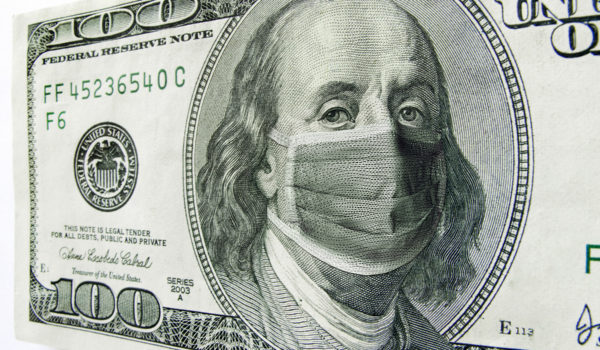On April 24, 2020, President Trump signed the Paycheck Protection Program and Health Care Enhancement Act, which provides additional funds to aid small businesses and healthcare providers affected by the COVID-19 pandemic.
The relief package provides for another round of funding to replenish the Paycheck Protection Program (PPP), the Economic Injury Disaster Loan (EIDL) program and emergency EIDL grants under the CARES Act. It also provides for increased spending for healthcare and coronavirus testing. Below is a summary of the key features of the new legislation affecting the PPP and EIDL program.
PPP Additional Funding:
- The amount authorized for commitments under the PPP will be increased by $310 billion.
- Certain PPP funds will be set aside for smaller lending institutions which is expected to help smaller businesses, many of whom bank with smaller lending institutions, have improved access to PPP funding:
- $30 billion for PPP loans made by insured depository institutions and credit unions with consolidated assets of at least $10 billion and less than $50 billion.
- $30 billion for loans made by community financial institutions[1], insured depository institutions with consolidated assets of less than $10 billion, and credit unions with consolidated assets of less than $10 billion.
To determine if your financial institution fits within the asset sizes above, please visit the FDIC’s Institution Directory.
EIDL Program Additional Funding:
- An additional $50 billion will be allocated to the EIDL program.
- The amount appropriated for EIDL grants will be increased by $10 billion.
Eligible Agricultural Businesses under the EIDL Program
Agricultural enterprises (defined by Section 18(b) of the Small Business Act as businesses engaged in the production of food and fiber, ranching and livestock, aquaculture, and all other farming and agricultural related industries) with not more than 500 employees are eligible to receive EIDL grants and loans. Previously if the primary activity of the business (including its affiliates) was agricultural, neither the business nor its affiliates were eligible for EIDL assistance.
The SBA will begin to accept applications for PPP loans on April 27, 2020 at 10:30 AM EDT. Given the high demand among small businesses to secure funds under the PPP and EIDL program in the first tranche, we anticipate that the additional funds authorized by the new legislation will be depleted quickly. Borrowers should contact their lenders to submit their applications as soon as possible. If you applied under the original funding, you should check with your lender to see if your application has remained in queue.
Frost Brown Todd is here to help you analyze the availability and features of these lending programs. For more information on the Paycheck Protection Program, the Emergency Economic Injury Disaster Loan program and other financial assistance available to businesses under the CARES Act, please contact Becky Moore, Maria Kroeger, Shannon Kuhl or any attorney in Frost Brown Todd’s Finance Practice Group.
To provide guidance and support to clients as this global public-health crisis unfolds, Frost Brown Todd has created a Coronavirus Response Team, including a SBA lending team. Our attorneys are on hand to answer your questions and provide guidance on how to proactively prepare for and manage any coronavirus-related threats to your business operations and workforce.
[1] “Community financial institutions” include (i) community development financial institutions, (ii) minority depository institutions (institutions with 51% or greater ownership by socially or economically disadvantaged individuals or, in the case of mutual financial institutions, where a majority of the board of directors, account holders and the community which it serves are predominantly minority) (ii) certified development companies, and (iii) microloan intermediaries.

